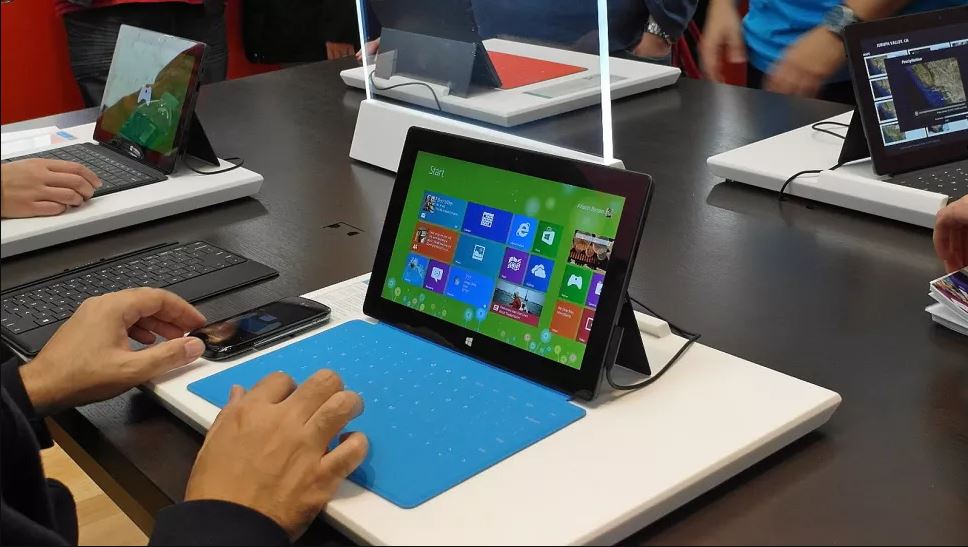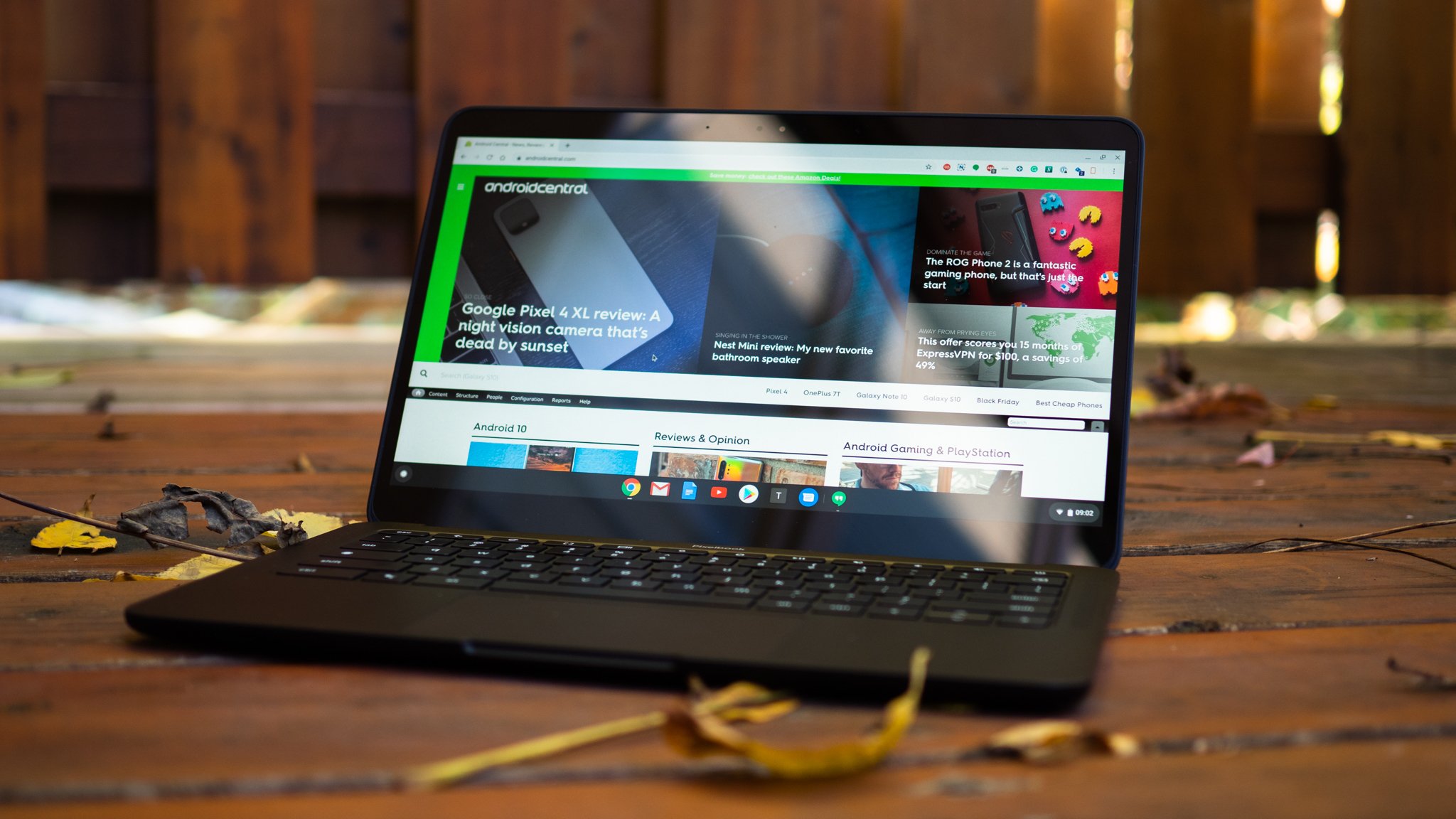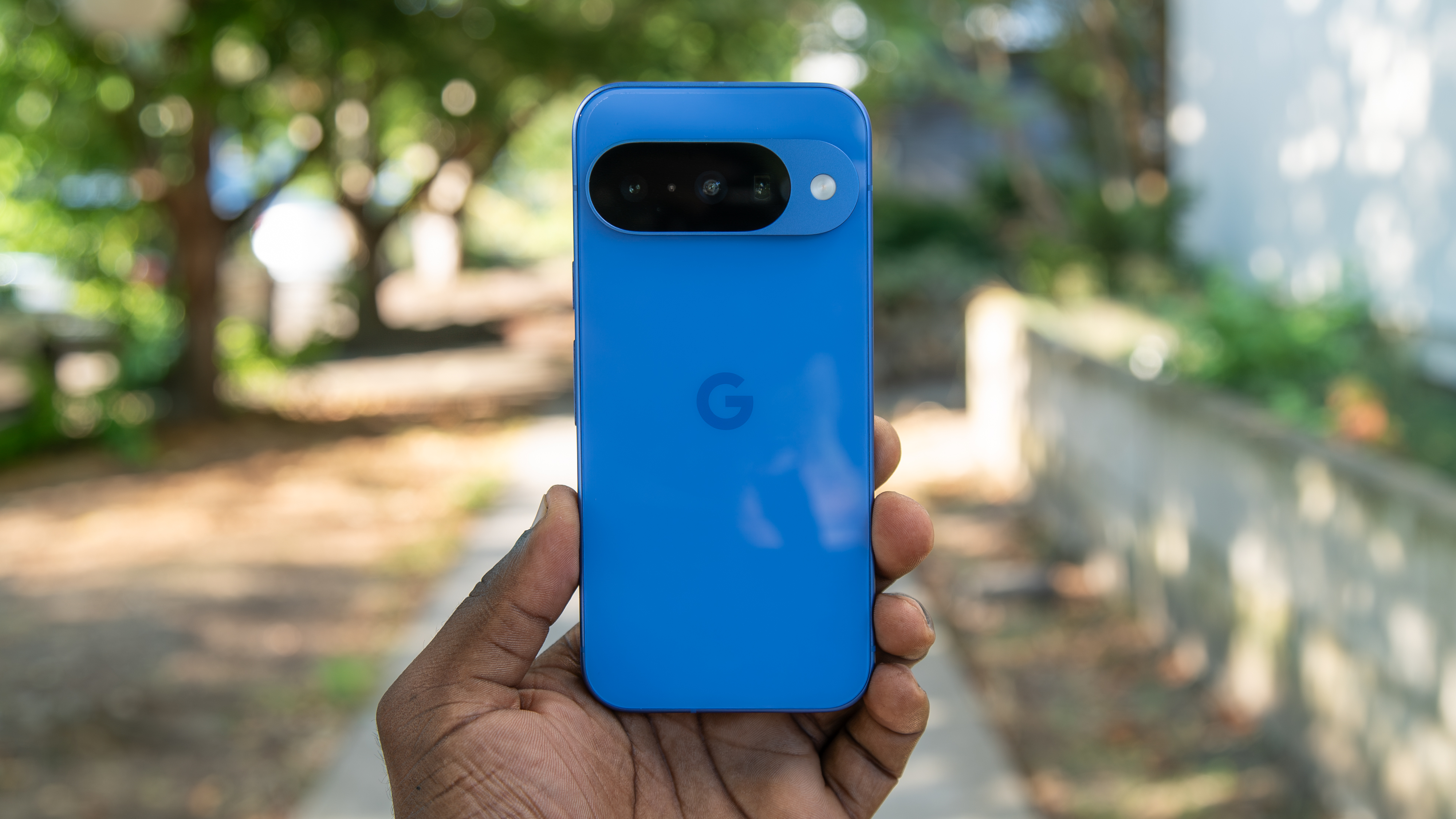Google doesn't need to care about hardware
Making the software is hard enough.

Google has canceled the Pixelbook line and you've probably seen a bunch of people write a bunch of words about it. For fans of the product line, it's not great news but those fans are few and far between. I say that as one of them.
In the end, though, there was no need for Google to build another expensive laptop that very few people were going to buy because other companies are more than willing to build them. And to be honest, that's probably for the best.
Google is more like Microsoft than Apple even though the first thing that comes to mind is the smartphone. Apple makes products and makes software to run on those products, and only those products. Google — like Microsoft — makes software for everyone else.
Microsoft does make laptops, and Google does make phones and other assorted smart home products. The thing is, those products are being made for particular reasons.

There was only one laptop that Microsoft ever had to build, and that was because no other company wanted to build it. I'm talking about the Surface RT and after it was released, we quickly saw why no company wanted to make something similar. Fast forward a handful of years and ARM chips in laptops is a thing and Windows is fairly good about running on them. That only happened because someone tried it first.
Likewise, Google makes Pixel phones and other products for specific reasons. A Pixel phone isn't for developers but it is a way to try specialized hardware configurations that improve Google's other, more profitable, business. Selling it to consumers serves to lock a few more people into Google services like Photos.
Google makes Wi-Fi routers and cameras and home hubs, too. It uses these to collect our data in ways other companies don't and it can lose money on the hardware because of it. Netgear isn't going to make a Nest Wifi product that is so closely tied to your Google account, for example.
Get the latest news from Android Central, your trusted companion in the world of Android
So yes, Google does need to build a little bit of hardware. Chromecasts and phones and Wi-Fi routers all exist to collect your data the way Google wants it to be collected and the end result justifies their existence. For now.

That's the thing we often forget — Google is a company that makes its money on user data, not by selling Pixel phones or Pixelbook laptops. And for the most part, it works better when google lets other companies make the products used as a vehicle to gather the data.
As Sujeong Lim, research analyst at Counterpoint Research eloquently puts it: "I think that their final aim may be the information of users obtained through the device use rather than generating revenue through device sales itself." When the goal is to gather as much information as possible, the name on the back of the device just doesn't matter.
Google's laptop division is a perfect example of this. Back when Google first released the original Chromebook Pixel, no company was building a premium professional-level Chromebook. In fact, Chromebooks were marketed as low-cost machines that were "good enough."
There was no way to gauge the response an expensive model would receive, so Google made one. To drive the point home, Google made a few more. then other companies took notice and started making similar products. Google is able to gather its data without spending money to make products that aren't going to sell well and companies like HP or ASUS are able to offer excellent products at lower prices with better profit margins.

Everyone wins in this scenario. Google gets its data, OEMs can expand their product line without losing money, and you and I can purchase the product we like. Google makes more money through tight relationships with OEMs than if it were to build its own hardware. Just like Microsoft.
We're going to see this very thing play out the same way with smartwatches upon the release of the Pixel Watch. It is being made to further some specific goals in the wearables market and once other companies adopt them — or those goals just can't be realized — Google will stop making them.
Will we ever see the same when it comes to smartphones? I don't know. I can tell you that if Google were able to get everything it wanted and needed from Samsung or Motorola it would probably stop building Pixel phones. No company likes to lose money by building hardware.
It's fine to think of Google killing off another product as a big deal, but I don't think Google itself feels it's a big deal. It's just business.

Jerry is an amateur woodworker and struggling shade tree mechanic. There's nothing he can't take apart, but many things he can't reassemble. You'll find him writing and speaking his loud opinion on Android Central and occasionally on Threads.
